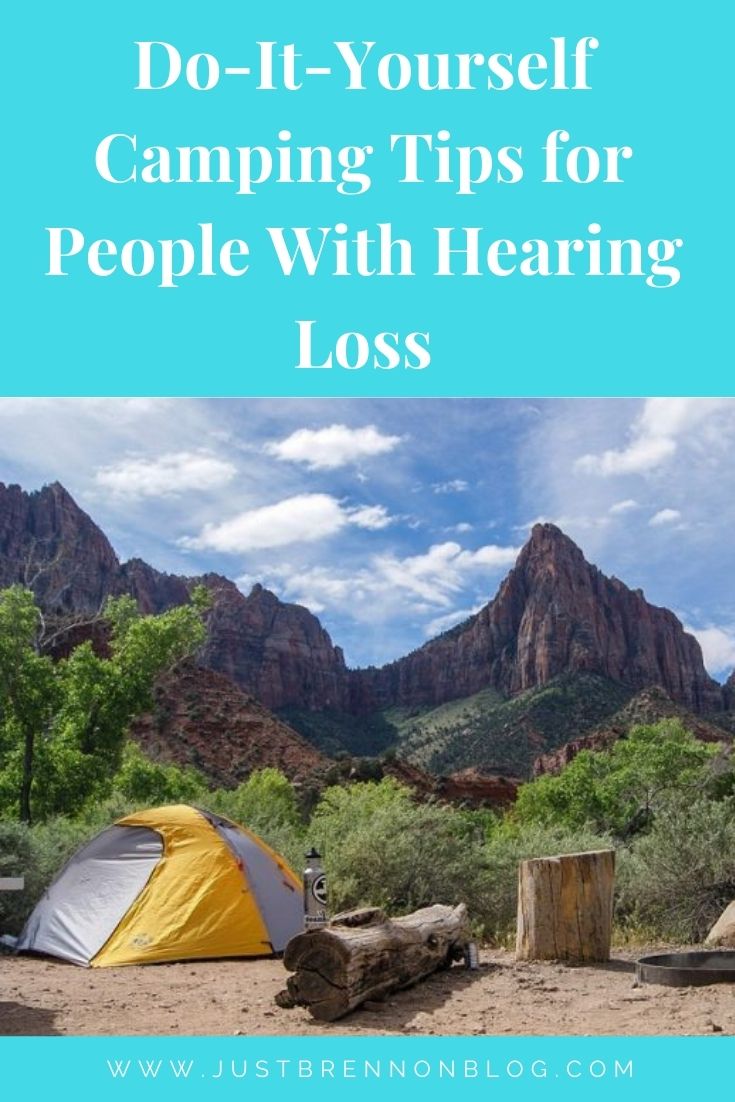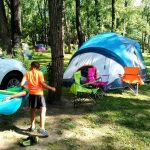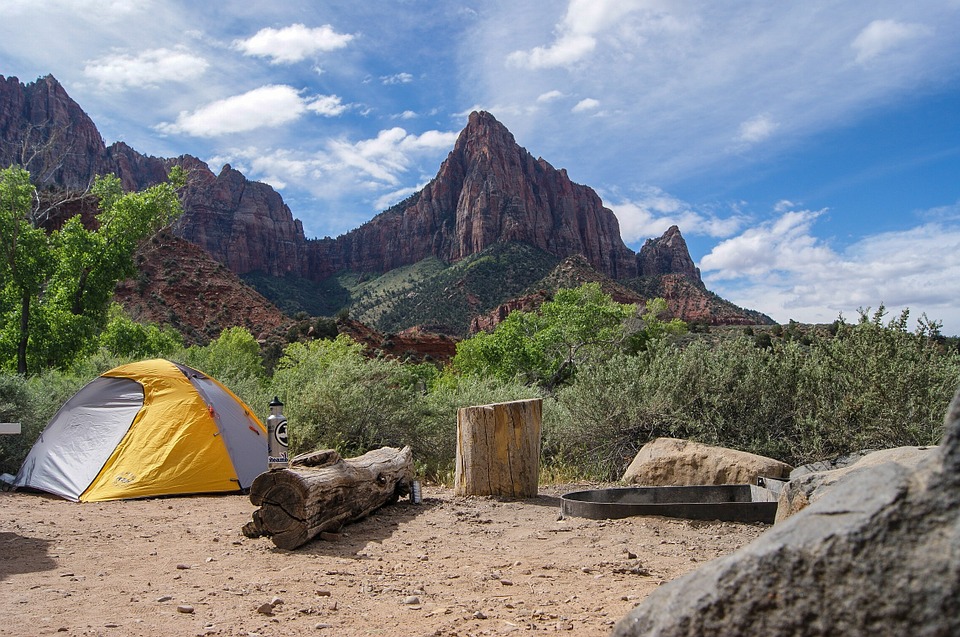
While scrolling through Pinterest, I came across a pin idea that walked you through a day of a couple getting married in nature who had hearing challenges. From that pin idea, I decided to put together a similar post based on camping tips for people with hearing difficulties because we all know camping is a great way to get back to nature and spend time outdoors.
But what if you have hearing loss? Camping can be hard when you cannot hear the sounds of nature or understand how people are communicating with each other.
With all of this in mind, here are some do-it-yourself camping tips for people with hearing loss.
Bring a Hearing Aid Care Kit
Choosing the right hearing aid can be a challenge, but it’s essential to take care of them so they can last. The following are hearing aid selection tips for you on your next camping trip or outdoor activity:
Style and Model of the Aid
Style and model of the aid are essential. Choose an aid that is small, comfortable, and easy to care for.
Cases
The cases are important because they protect against damage like moisture, dust, and dirt particles while keeping out bugs. See more tips on how to get the maximum use of your hearing aids here: Hearing Aid Care Kit Tips.
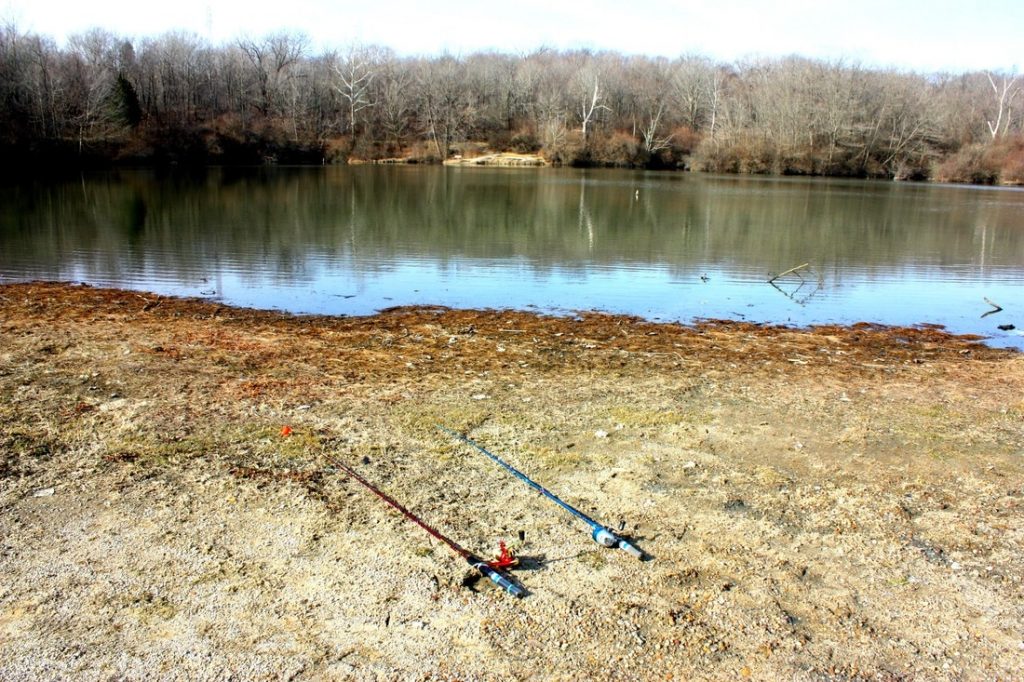
Level of Water Protection
Level of water protection refers to the highest level of protection an aid can provide. The higher the number, the more protected it is from getting wet or damaged by water.
Type of Battery
Batteries are disposable, and most hearing aids come with a package containing one container of batteries. They typically last for about five days, depending on how frequently you use them during that period. Therefore, please pay attention to your usage to be effective when needed.
How the Aid is Powered
Hearing aids can be powered by different methods. For example, some hearing aids come with a rechargeable battery that you need to charge every night using the included charger or one you already have at home.
Cleaning and Maintenance Tips
Make sure your hands are clean before handling an aid, as well as all other equipment involved.
Environmental Noise Reduction Features
Environmental noise reduction features are available in many aids. They can be helpful if you often find yourself surrounded by loud noise, such as during a camping trip or any other outing. You may want to look into these features before your next purchase.
With This in Mind…
Do not forget that hearing loss is individualized and has varying degrees of severity, so that some people may require more complicated/advanced equipment than others- it’s essential to talk with an audiologist about what will work best for you on your adventures.
Carrying your hearing aids on your next camp will give you peace of mind and allow you to enjoy all the sounds and activities around you.
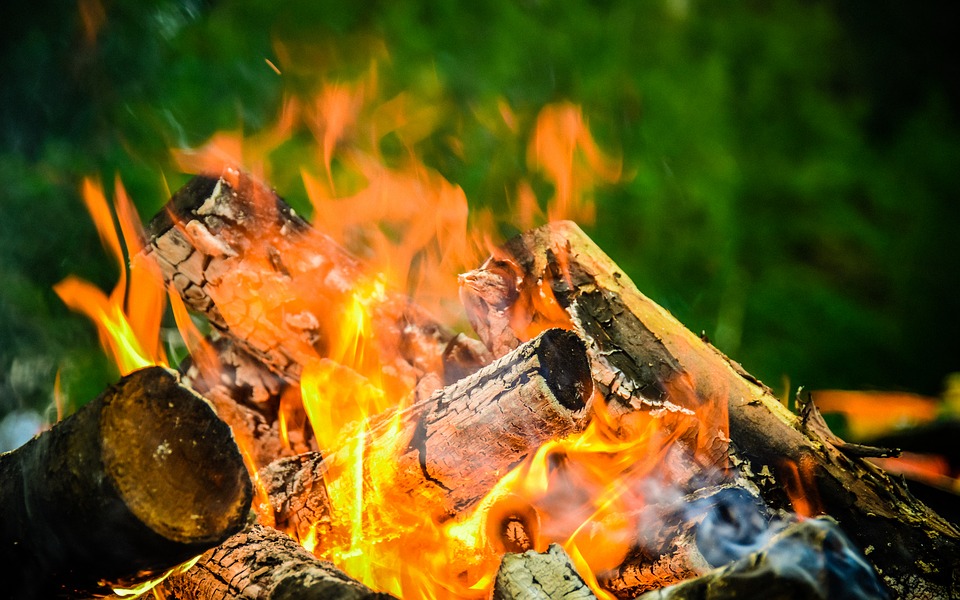
Be Careful About Heat and Moisture
It’s essential to protect your hearing aids from extreme weather conditions, especially if they are not water-resistant. Hearing aid damage can occur when exposed to high temperatures for an extended period.
Damage can also occur when the humidity is high due to moisture accumulation inside the hearing aid. Therefore, if you live in a hot or humid climate, it is best to keep your aids in a cool, dry place when not in use. You might also consider using a dehumidifier in your home if needed.
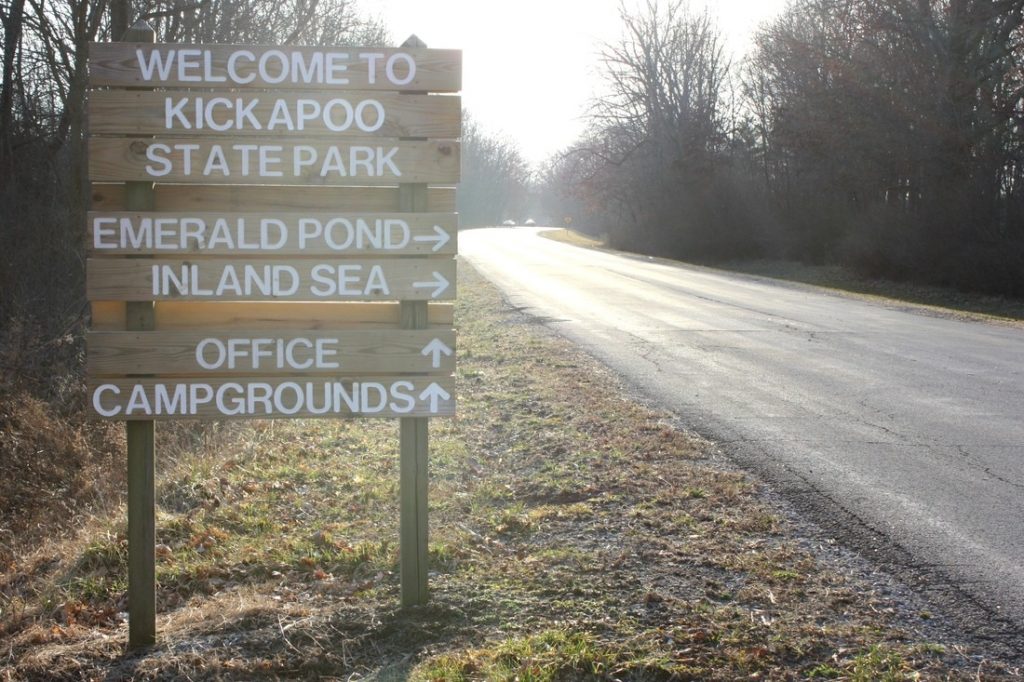
Read Informational Signs
Many public places have informational signage with Braille translations included. This is a great way to make sure you understand what’s going on around you, especially if your hearing loss has been severe and getting worse.
If there are no Braille translations available- or not near where you need them- it may be helpful to bring along a companion who can read the text aloud for you.
Take Advantage of Your Other Senses
Hearing aids only work as well as they should when used correctly. Before heading outdoors, set them at the lowest volume so that loud noises will still sound clear and crisp while soft sounds won’t get lost in translation.
Be aware of what people around you might say, so background noise doesn’t miss every conversation. Finally, take some time during quieter moments throughout each day to adjust the settings on your aids as needed.
Bring a Companion
Camping trips can be more fun and safer when you have someone to share them with. If you’re worried about being in an unfamiliar area or dealing with potential hearing emergencies, take a friend or family member who knows how to help. They can also relieve boredom if conversation topics start running low.
Introduce Yourself to Campsite Owners
When arriving at a new campsite, it is always polite to introduce yourself to the people who own and operate it. This includes letting them know about your hearing loss and any other special needs you may have. If they are aware of these things ahead of time, they can provide extra help or accommodations if needed.
Final Thoughts
Camping trips can still be enjoyable experiences for people with hearing loss when proper precautions are taken. By following the tips in this article, you’ll be able to make the most out of your next outdoor excursion- regardless of how severe your hearing difficulties might be.
